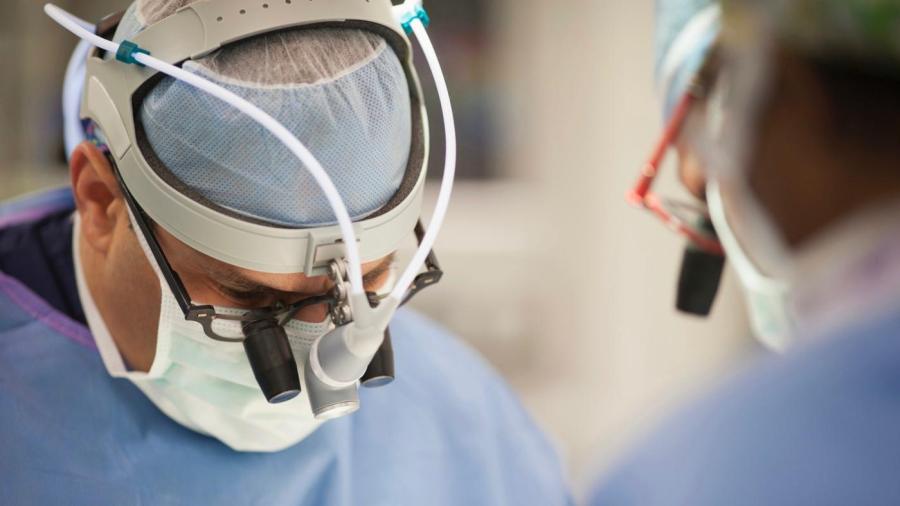What Are the Risks of Having Heart Valve Surgery?

After heart mitral valve surgery, some of the possible risks include blood clots, post-operative risks and infection around the valve, according to WebMD. Risks associated with aortic valve surgery are that the valve may fail or that the symptoms may persist even after the surgery.
Some risks of heart valve surgery are inherent to the surgery itself, such as sudden bleeding, an adverse reaction to the anesthesia and infections, according to WebMD. These risks are common to almost all major surgeries and are preventable to a very high degree. A risk that is unique to valve surgery is the danger of blood clots, which can cause a stroke or heart attack. Patients are required to take anticoagulant medication that thins the blood for the rest of their lives to prevent this.
Another risk of heart valve surgery is that the new valve may fail or may only work for a certain period of time, notes WebMD. This necessitates another valve replacement surgery. The need for a second surgery depends on the type of valve used for the first surgery and the number of years that the patient lives after the first surgery.
If the valve does not open as wide as required for the patient’s height and weight, there is a risk that the symptoms may persist even after surgery, according to WebMD. This is another factor that may lead to a second heart valve surgery.
Once the heart valve surgery is complete, there are other risks and symptoms a patient is subject to if the valve becomes diseased or damaged, says Johns Hopkins Medicine. Post-surgery risks and symptoms include rapid weight gain, dizziness, chest pain, difficulty breathing, palpitations, and swelling in the abdomen, ankles and feet.
To mitigate risks, a patient should inform his surgeon or doctor of all medications and herbal supplements he is taking and if he has had a bleeding disorder in the past, notes Johns Hopkins Medicine. A doctor may give the patient a physical and examine his medical history before the surgery to ensure the patient is in good health. Additional diagnostic tests and blood tests may also be done before the surgery.
Once a patient is released home after the procedure, he should keep the surgical area dry and clean, according to Johns Hopkins Medicine. The patient should also get in touch with his doctor if he experiences chills, fever, or increased pain or inflammation at the incision site.





